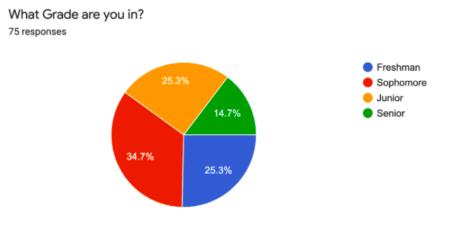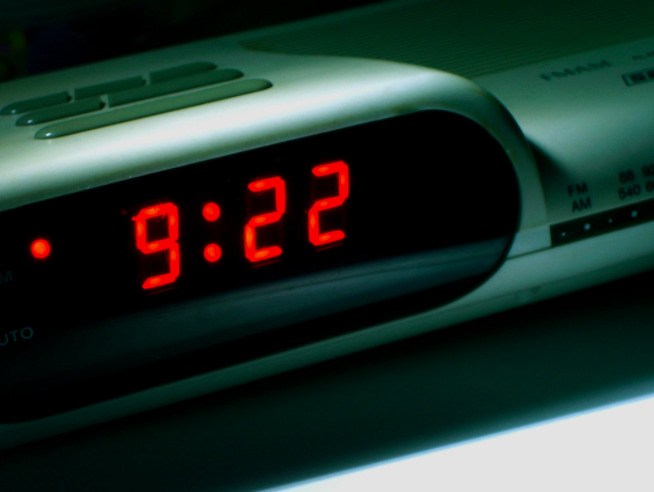A look into the sleep schedules of Hills students
In a survey, students responded to what time they tend to go to bed at on school nights.
Sleep plays a vital role in the health of individuals. The average person should be getting anywhere from seven to nine hours of sleep. Getting the right amount of sleep can improve your learning, memory, decision making, and your creativity. The Trailblazer sent out a survey to see the sleep schedules of Hills students, and to take a deeper look into what could be affecting them.
In the survey, students responded to what time on school nights they tend to go to bed at.

One person even stated that they will sometimes stay up all night.
But what exactly causes these bed times? Many students said that school is the cause of their sleep schedules.
Junior Kylir Alexander said, “I have a zero period class along with after school activities. I need enough sleep to get through the day.”
School sports and clubs can be a big reason why students feel the need to get to sleep earlier. However, those activities can also cause students to go to bed later. If they were to come home after their sport or after school activity with a lot of homework, it could take them a while to finish it.
Derek Geier, a Hills sophomore, said, “Homework combined with an after school activity can mess up my sleep schedule deeply.”
Homework seems to play a huge role in why not all students are getting as much sleep as they would like to. It seems to be very common that high school students are finding themselves with an overwhelming amount of homework and their sleep habits are negatively affected by this.
Senior Gigi Barcus explained that she is “up all night doing school work.”
Others said that it wasn’t school that was affecting their sleep schedules; mental health can also play a part in this.
Hills junior Virginia Radcliffe said that “stress, anxiety, and sadness” play a negative part in their sleep schedule. Anxiety and stress can cause one’s thoughts to race, making it harder to fall asleep. Insomnia is also a leading cause of the loss of sleep, which is a sleep disorder in which one has trouble falling or staying asleep.
One thing interesting to note is how students’ sleep schedules change when not in school. On weekends 28% of students are going to sleep at 1:00 am, 24% of students go to bed at 12:00 am, and 13.3% of students go to bed at 2:00 am. Students said this was due to either late night activities they have on the weekend or because they can sleep in without the worry of school’s early hours.
Overall, the responses vary in why and when students at Hills go to sleep, but many of their reasons seem to point back to school.
Sources:

Sam Goldstein is a Hills senior. He joined the Trailblazer his freshman year as a staff writer and edited for the Life & Style section his junior year. Goldstein is looking forward to editing the Arts & Entertainment section during his final year at Hills.
Fun fact: Goldstein's favorite movie is "Knives Out."













































